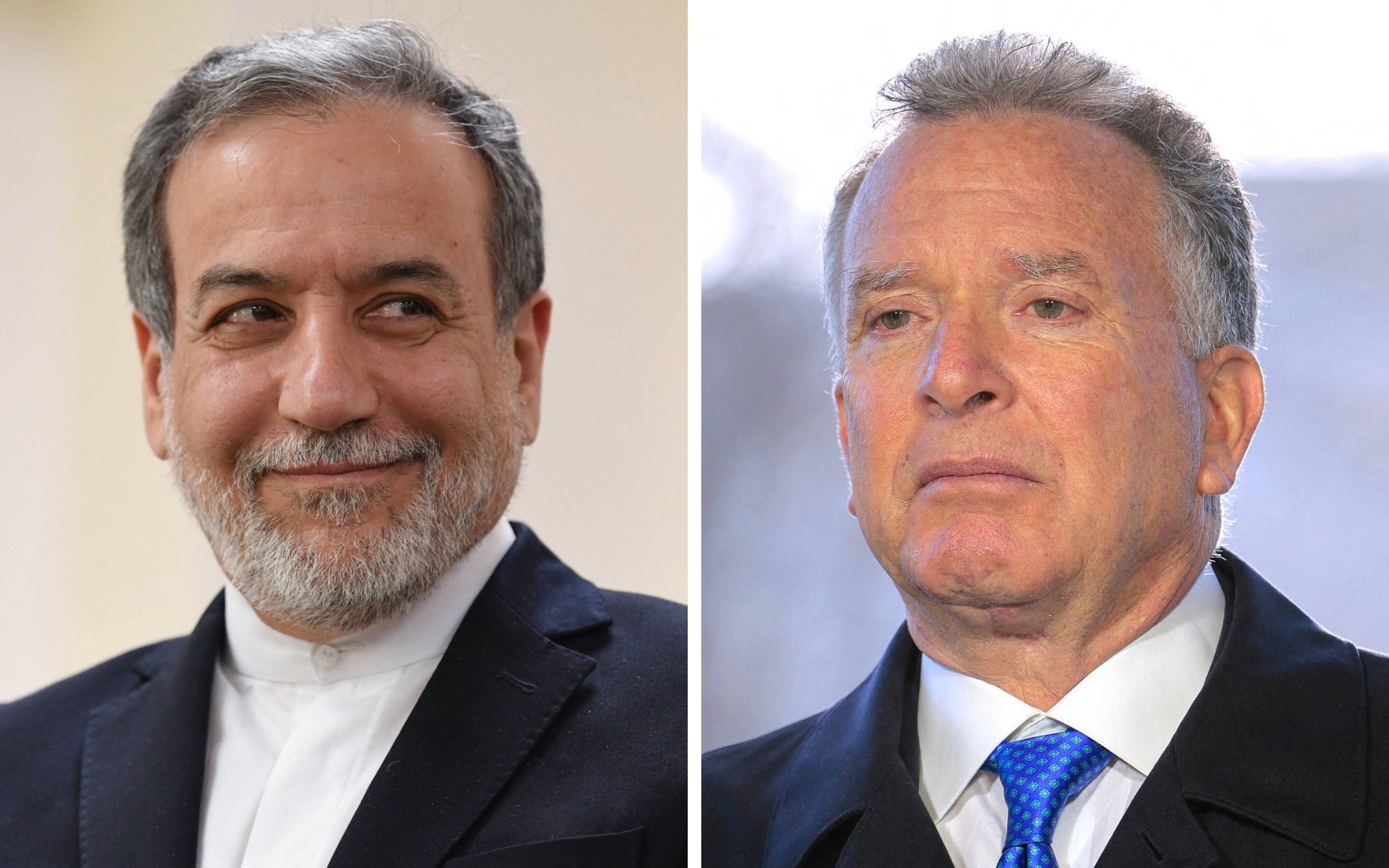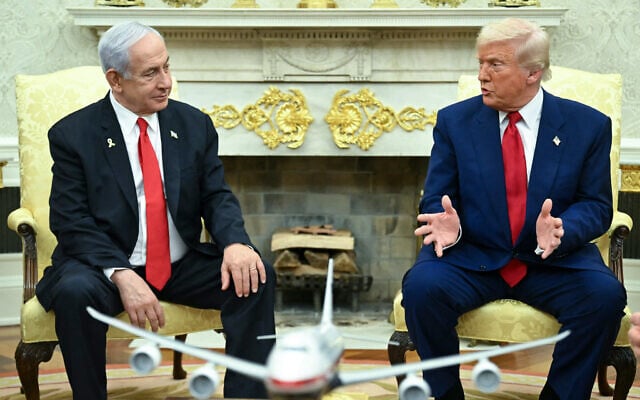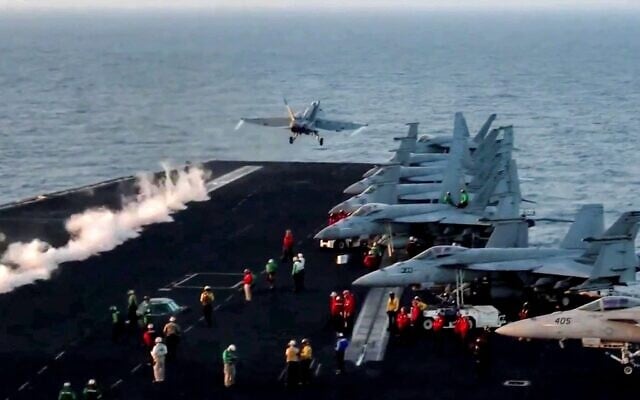



US Special Envoy Steve Witkoff will lead talks with Iran on its nuclear program in Oman set to take place on Saturday, Iran’s state media reported Tuesday.
The Iranian side will be represented by a team led by Foreign Minister Abbas Araghchi, with Oman’s Foreign Minister Badr al-Busaidi mediating the contacts, according to the report.
Oman, which maintains good relations with both the US and Iran, has been a longtime channel for messages between the rival states.
Araghchi said earlier that the talks would be held “indirectly,” tweeting that the meeting “is as much an opportunity as a test. The ball is in America’s court.”
US President Donald Trump announced the negotiations during a White House meeting with Prime Minister Benjamin Netanyahu, describing them as direct talks.
Netanyahu was aware of the talks but was surprised when Trump revealed them to the public, according to a Ynet news site report which cited an unnamed Israeli official.
Netanyahu, speaking moments before Trump’s revelation, indicated his wary support for the move.
“We’re both united in the goal that Iran does not get nuclear weapons,” Netanyahu said, sitting alongside the president in the Oval Office. “If it can be done diplomatically, in a full way, the way it was done in Libya, I think that would be a good thing.”
“But whatever happens, we have to make sure that Iran does not have nuclear weapons,” Netanyahu stressed.
Meanwhile, China urged the US to show “sincerity” in the negotiations.
“As the country that unilaterally withdrew from the comprehensive agreement on the Iran nuclear issue and caused the current situation, the US should demonstrate political sincerity (and)… mutual respect,” Chinese Foreign Ministry spokesman Lin Jian said.
Washington should “participate in dialogue and consultation, and at the same time stop its wrong practice of using force to exert extreme pressure,” Lin said.
“China will continue to maintain communication with all relevant parties, actively promote peace and dialogue, and push for a diplomatic solution at an early date,” he added.
Since taking office in January, Trump has reinstated his “maximum pressure” policy, which in his first term saw the United States withdraw from a landmark 2015 agreement on Iran’s nuclear program and reimpose sanctions on Tehran.
Iran, which is sworn to Israel’s destruction, denies seeking a nuclear weapon, but it has ramped up its enrichment of uranium up to 60 percent purity, which has no application beyond nuclear weapons, and has obstructed international inspectors from checking its nuclear facilities.
The US recently moved stealth bombers and an additional aircraft carrier into the Middle East and Indian Ocean, in striking distance of both Yemen, where American jets have been targeting the Iran-backed Houthis, and Iran itself, in an attempt to pose a legitimate military threat if talks fail.
Asked how a deal he negotiates with Iran would be different from the 2015 agreement, Trump said Monday: “It’ll be different and maybe a lot stronger.”


